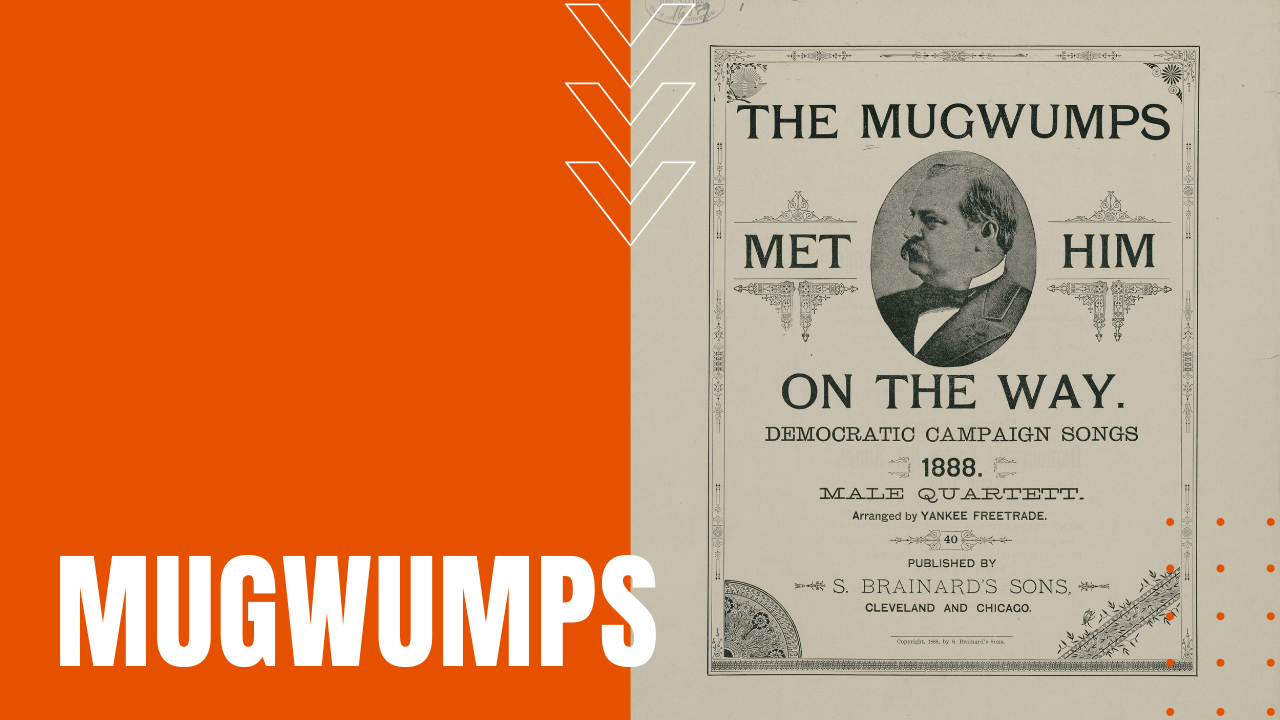Mugwumps

While the term mugwump comes from the Native American Algonquian language as far back as 1832, defined as an important person or kingpin with sanctimonious or holier-than-thou aloofness, in American politics of the late 19th century, Mugwumps were made up of Republican politicians at both the federal, state and local levels who vehemently opposed political corruption then rampant in American politics.
No More Political Patronage
Among their primary grievances was the spoils system of political patronage, which allowed a winning political candidate to dole out government positions and contracts to those who had supported their campaign prior to an election win, although by the time the Mugwumps came to power, the Pendleton Act of 1883 had established the United States Civil Service Commission, intended to base government positions based on merit and competency alone.
Pendleton Act Ignored
Despite the Pendleton Act, appointments continued to be largely based on key political supporters behind a winning candidate, which effectively split the Republican Party in two during several consecutive sessions of Congress. One side became known as the Half-Breeds under the leadership of Senator James Blaine of Maine, and the Stalwarts led by Roscoe Conklin of New York. Although never formally organized as a political party, independent Mugwumps played a key role in the presidential election of 1884, when they turned their backs on Republican presidential candidate, James G. Blaine, due to his long history of corrupt political patronage, instead throwing their support behind Democratic candidate Grover Cleveland, which ultimately gave Cleveland the White House.
Roosevelt Breaks Rank
During the campaign cycle of the 1884 presidential election, Teddy Roosevelt shocked his upper-crust New York City friends by rejecting the Mugwumps by throwing his support behind Blaine’s candidacy, which unified his Republican Party leadership, while clearing the way for his own political aspirations, making Mugwumps, a bygone force in late 19th century American politics.
